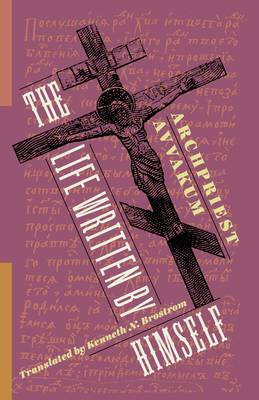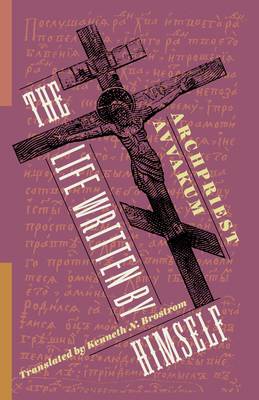
- Afhalen na 1 uur in een winkel met voorraad
- Gratis thuislevering in België vanaf € 30
- Ruim aanbod met 7 miljoen producten
- Afhalen na 1 uur in een winkel met voorraad
- Gratis thuislevering in België vanaf € 30
- Ruim aanbod met 7 miljoen producten
Zoeken
Omschrijving
Moscow in the middle of the seventeenth century had a distinctly apocalyptic feel. An outbreak of the plague killed half the population. A solar eclipse and comet appeared in the sky, causing panic. And a religious reform movement intended to purify spiritual life and provide for the needy had become a violent political project that cleaved Russian society and the Orthodox Church in two. The autobiography of Archpriest Avvakum--a leader of the Old Believers, who opposed liturgical and ecclesiastical reforms--provides a vivid account of these cataclysmic events from a figure at their center.
Written in the 1660s and '70s from a cell in an Arctic village where the archpriest had been imprisoned by the tsar, Avvakum's autobiography is a record of his life, ecclesiastical career, painful exile, religious persecution, and imprisonment. It is also a salvo in a contest about whether to follow the old Russian Orthodox liturgy or import Greek rites and practices. These concerns touched every stratum of Russian society--and for Avvakum, represented an urgent struggle between good and evil. Avvakum's autobiography has been a cornerstone of Russian literature since it first circulated among religious dissidents. One of the first Russian-language autobiographies and works of any sort to make use of colloquial Russian, its language and style served as a model for writers such as Tolstoy, Dostoevsky, and Gorky. The Life Written by Himself is not only an important historical document but also an emotionally charged and surprisingly conversational self-portrait of a crucial figure in a tumultuous time.Specificaties
Betrokkenen
- Auteur(s):
- Vertaler(s):
- Uitgeverij:
Inhoud
- Aantal bladzijden:
- 208
- Taal:
- Engels
Eigenschappen
- Productcode (EAN):
- 9780231198097
- Verschijningsdatum:
- 6/07/2021
- Uitvoering:
- Paperback
- Formaat:
- Trade paperback (VS)
- Afmetingen:
- 140 mm x 213 mm
- Gewicht:
- 272 g

Alleen bij Standaard Boekhandel
+ 52 punten op je klantenkaart van Standaard Boekhandel
Beoordelingen
We publiceren alleen reviews die voldoen aan de voorwaarden voor reviews. Bekijk onze voorwaarden voor reviews.











